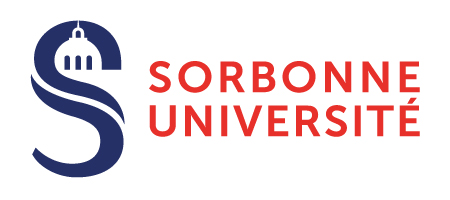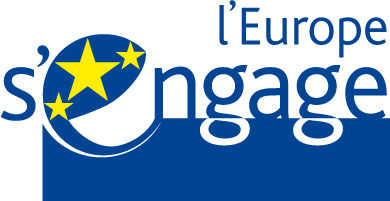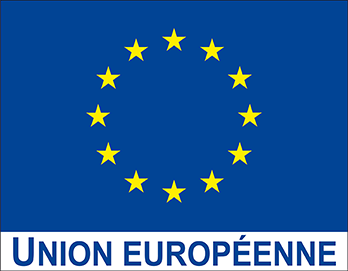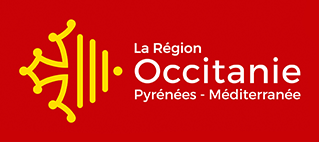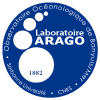 Observatoire Océanologique de Banyuls-sur-Mer
Observatoire Océanologique de Banyuls-sur-Mer
Research units
Research activities at the OOB are carried out within 4 research units Sorbonne University / CNRS.
Integrative Biology of Marine Organisms (BIOM)
The research unit "Integrative Biology of Marine Organisms (BIOM)" aims to study the mechanisms of development and adaptation of organisms through an evolutionary approach. This very general objective is achieved by using non-conventional marine model organisms that allow comparative studies that complement those carried out with more traditional models.
This type of approach is based both on the particularities linked to the diversity of the organisms studied, and at the same time on the deep unity of the living world which allows comparisons between organisms that are sometimes phylogenetically very distant.
Laboratory of Microbial Biodiversity and Biotechnology (LBBM)
The Laboratory of Microbial Biodiversity and Biotechnology (LBBM), is a joint SU and CNRS (InEE) research and service unit founded in 2014 with a mission of advancing the frontiers of basic scientific research in environmental microbiology and (bio)chemistry while responding to major societal challenges in human and environmental health.
LBBM has a 20-year-long partnership with the cosmetic and pharmaceutical company Laboratoires Pierre Fabre, and in 2017 the Biosensors, Analyses and Environment (BAE) of the University of Perpignan Via Domitia joined the unit which now comprises some 40 persons.
Read more: Laboratory of Microbial Biodiversity and Biotechnology (LBBM)
Benthic Ecogeochemistry Laboratory (LECOB)
The Benthic Ecogeochemistry Laboratory (LECOB) is a pluri-disciplinary group who aims at increasing our understanding of benthic environment dynamics to contribute to a scientifically sound background for future Marine Spatial Planning.
The LECOB project concerns nearshore to deep sea areas, focusing on benthic environments which are frequently disturbed, such as sedimentary and rocky grounds in the Mediterranean coastal zone, submarine canyons or hydrothermal vents.
Microbial Oceanography Laboratory (LOMIC)
The Microbial Oceanography Laboratory (LOMIC) brings together expertise in the fields of marine biogeochemistry, microbial ecology, biodiversity, physiology, OMICs and genetics of model organism to investigate processes carried out by the ocean microbiome in elemental cycles. Ongoing carbon cycle research emphasizes the identification of important routes of carbon fluxes through microbial communities, with the long-term goal of improving predictions of the fate of carbon in the context of a changing ocean.




